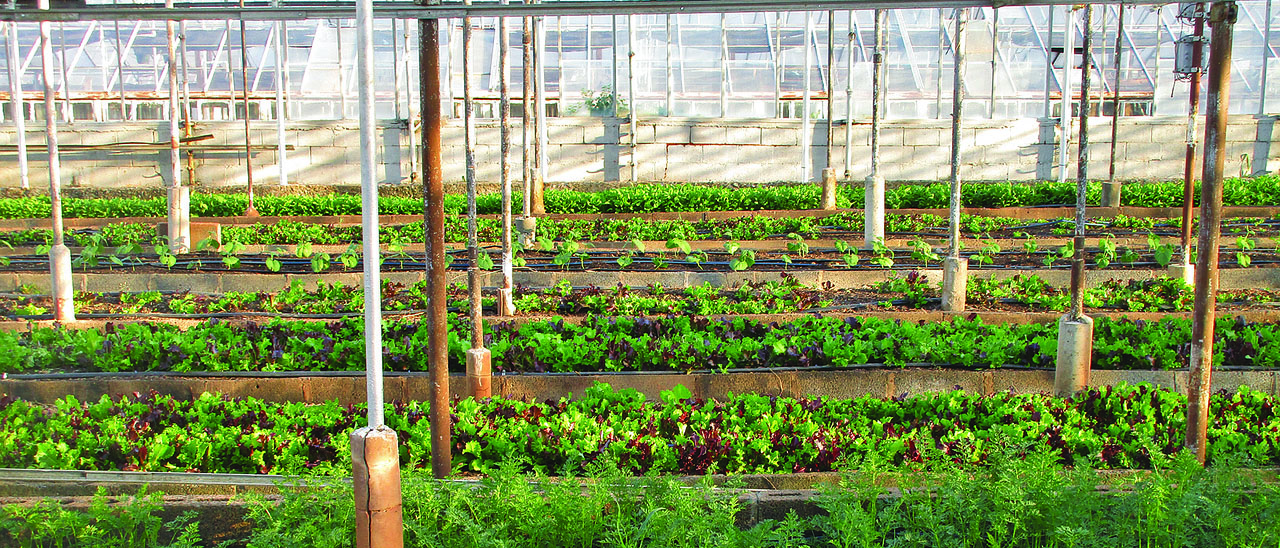
Photo by Pixabay.
Name of the Asset | Institutional Responses to Decentralization, Urban Poverty, Food Shortages and Urban Agriculture
Type of Asset | Working Paper
Date | November 2009
Summary
This paper is based on research conducted into the incidence of and support for the practice of urban agriculture (UA) in Zambia and South Africa undertaken in 2008 – 2009 and seeks to establish the degree to which UA can be regarded as a poverty-alleviation strategy and also the degree to which appropriate institutional support is already in place.
The research combined a review of relevant literature and policy documents pertaining to UA (global and in case study countries); a series of institutional interviews, primarily with the urban authorities in the eight case-study cities; and a series of questionnaire surveys undertaken with UA participants.
Results found that while UA is a key survival strategy in the two countries, the institutional response of decentralized government systems to UA is mixed. Over and above policy support, significantly greater levels of concrete action – such as ensuring land access, technical support, extension services and partnerships, NGO support to women and marketing support – will be required in both countries on the part of local institutions, if UA is to move beyond its current status as a marginal survival strategy.
Authors:
- Godfrey Hampwaye, Lecturer, University of Zambia
- Lochner Marais, Director Centre for Development Studies
- Etienne Nel, Dept of Geography, University of Otago, New Zealand
- Chris M. Rogerson, Research Associate Centre for Development Studies
- Alex Thornton, Dept. of Geography, University of New South Wales, Australia
Country and/or Region | South Africa and Zambia
Name of the Program | GDN’s Global Research Project, ‘Institutional Capacity Strengthening of African Public Policy Institutes to Support Inclusive Growth and the MDGs’
Funder(s) | The United Nations Development Programme’s (UNDP) Bureau for Development Policy (BDP) and Regional Bureau for Africa (RBA)
Download the Full Study here
If you cite this resource, please notify communications@gdn.int with the subject line 'GDN citation'.





